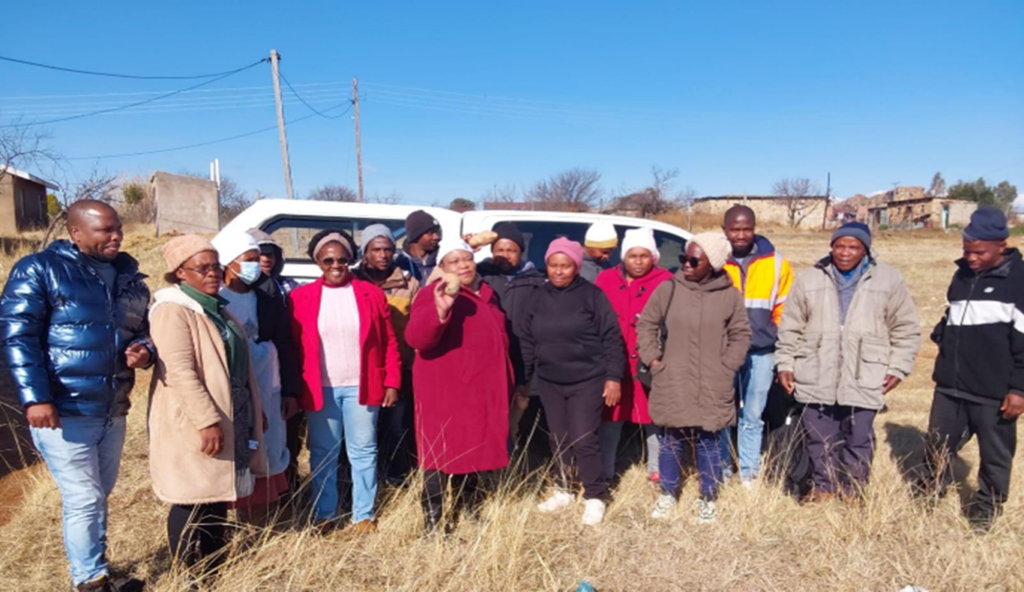
The Department of Agricultural Research conducted a training workshop on sweetpotato production aimed at enhancing farmers’ knowledge and technical capacity in adopting improved, market-oriented practices. The training highlighted sweetpotato as a high-value, climate-resilient crop with considerable commercial potential, particularly for smallholder farmers. The initiative aligns with national efforts to diversify crop production, improve rural livelihoods, and strengthen food and nutrition security through the promotion of resilient, income-generating crops.
This one-day training workshop was facilitated by scientists from the Department of Agricultural Research on the 7th August 2025.
A total of 15 smallholder farmers were trained, comprising 12 males and 3 females. These participants are primarily engaged in the production of tomatoes, onion, cabbage, and potatoes. The training aimed to introduce sweetpotato as an additional, commercially viable crop that complements their current production systems.
The workshop covered theoretical aspects of sweetpotato production, with key topics including:
- Introduction to Sweetpotato as a Climate-Resilient, High-Value Crop
Overview of the agronomic, nutritional, and economic benefits of sweetpotato, particularly in the context of climate change and market demand. - Field Management
Best practices in land preparation, variety selection, planting, fertilization, irrigation, weed management, and integrated pest and disease control. - Post-Harvest Handling and Storage.
Emphasis on reducing post-harvest losses through proper harvesting methods, curing, storage, and basic processing for value addition.
Participants were introduced to the commercial potential of sweetpotato, with farmers expressing increased interest in integrating the crop into their farming systems.
The Department of Agricultural Research remains committed to supporting farmers with knowledge and resources that enhance productivity, sustainability, and profitability in crop production.


